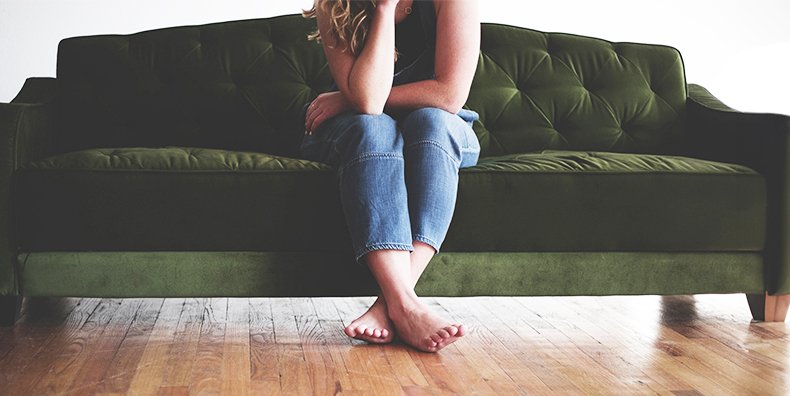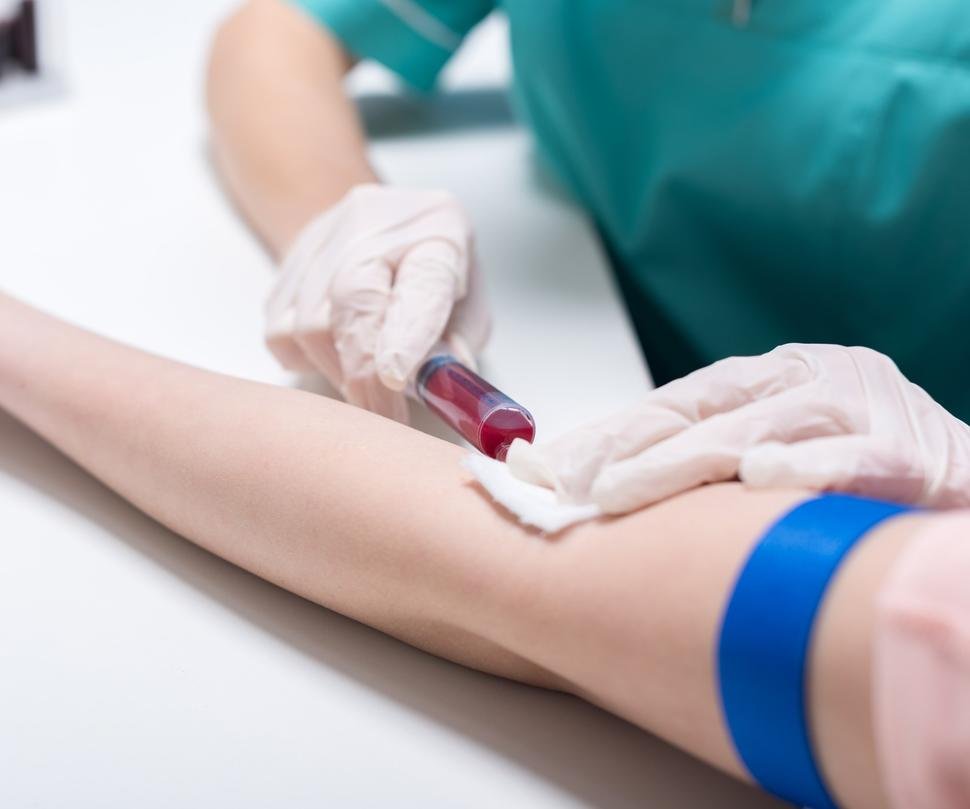When I grew up, people didn’t talk about bipolar disorder, but kids today need us to be open and honest about mental health conditions.
When I was a child, my mother was taken away in an ambulance one night during a bipolar episode. Thinking back on that difficult period, it’s clear that my deepest pain was often hidden under the crushing weight of stigma.
Now that I’ve been diagnosed with bipolar 1 disorder myself, I’ve developed a deep empathy for and understanding of my mother’s struggles while I was growing up. Yet, the shame and silence that colored my childhood continue to mystify me. I still cannot comprehend how people with mental health conditions were treated with such careless disregard in the 1980s.
Although I can’t turn back time, reflecting on my experience growing up with a mother with bipolar disorder offers insights to help break the stigma for families like mine today.
The Stigma of My Mother’s Bipolar Disorder Shaped My Childhood
I am 7 years old. My friend Tracy and I are getting ready for a sleepover at my place. We toss blankets and pillows on the floor, tell jokes, and play games until darkness fills my bedroom, and we fall asleep.
Hours later, muffled voices coming from the dining room awaken me. I sit up, confused. Tracy and I press our ears against the wall. I hear my father relentlessly asking my mother if she is okay. He sounds irritated. My grandmother chimes in with questions, but no response comes. I picture my mother sitting at the dining room table, silent. Why isn’t she saying anything?
Suddenly, I hear faint sirens.
My sensitive ears begin to sting as the sirens grow louder and louder. The ambulance stops in our driveway. Anxious knots tighten around my stomach. My little heart pounds vigorously. Panic sets in. I’m confused and disoriented and afraid that something is horribly wrong.
There is a jarring knock at the door. After some chatter, a man’s voice asserts loudly, “She’s coming with us.” Thumping, bustling, and screaming fill the air. My mother is swearing, and there’s frightening banging on the dining room walls. I want to yell or run to help, but I can’t move. Mom is taken out of the house and into the ambulance. Red lights and blaring sirens fill the otherwise quiet streets of our neighborhood. Everything is loud. And then: Silence.
In the morning, my father reminds me to eat my cereal and casually tells me that my mother is in the hospital — once again. I figure it must be her “nerves.” My whole family always tells me my mother has problems with her nerves. I don’t really know what that means. The silence takes over.
RELATED: Bipolar and Hospitalization — When Treatment Is Traumatic
I withdraw from my usual life that day. I don’t go out to the park. I don’t ride my bike. I can’t go out because everyone knows. Instead, I watch the neighborhood kids at the park down the street from my bedroom window. I want to slink into my closet and never come out. Stigma has made my world small and lonely.
It would take me three days to leave the house, but eventually, I’d find the courage to move through my shame and back into the world.
Stigma About Parental Bipolar Disorder Hurts Kids
Many children like me, whose mothers or fathers have psychiatric conditions, are left feeling confused and isolated, wishing someone would at least try to explain what’s happening. If somebody had taken the time to demystify what was going on with my mother, I might have understood the effects of bipolar disorder more as I grew into an adult.
Instead of benefiting from open, honest conversations, I had silence. In that vacuum, I picked up on the stigma of brain-based health conditions that was pervasive at that time. Internalizing this stigma even made me feel embarrassed about my mom sometimes. If the taboo had been broken earlier, I believe that I would have fewer regrets today.
Kids Need Us To Talk About Bipolar Disorder
Stigma thrives on misunderstanding and a lack of accurate education about mental health diagnoses. That’s why it’s crucial to foster openness, honesty, and accurate knowledge about the bipolar experience.
Even the youngest children can grasp the basics of what illness means. That’s especially true today when we have many books and resources to help guide conversations about brain-based illnesses. These tools simply didn’t exist when I was growing up.
Forgiveness and Healing After a Parent’s Bipolar Disorder
Now, I know that how my mother acted during bipolar episodes was not her fault. I don’t even hold it against her that she kicked me out of the house in a manic rage at the end of eleventh grade. My mom did the best she could with the mental capacity she had. I believe I’ve learned to be more forgiving than most adult children in my position, which most likely stems from my own experience with bipolar disorder.
If you’re a parent with bipolar reading this, I know you might be afraid of wreaking havoc in your children’s lives. You admittedly have a difficult battle to wage. I believe children are resilient, but I would encourage you to take care of yourself to reduce how resilient yours have to be. My mother refused medications and any treatment, a choice driven by self-stigma, which was especially pervasive in the 1980s. I often wonder how differently things may have been for my family if my mom had taken care of her mental health.
RELATED: Bipolar and Shaking Free From Shame
For those with bipolar disorder or any mental health condition, the most important step is to partner with your healthcare providers and do your best to stay as well as you can. Managing your mental health won’t be an easy journey, but I believe it’s worth the effort when the people we love are involved.
Although I’ve done a lot of healing, some things have stayed with me about growing up with a mother who had untreated bipolar disorder. For example, I despise sirens to this day. They are reminders of the tried-to-be-forgotten things that sit in the dusty corners of my mind. I’ll never forget the stigma and confusion I felt as a little girl, but I’m grateful that I’m no longer stuck in their painful silence.



